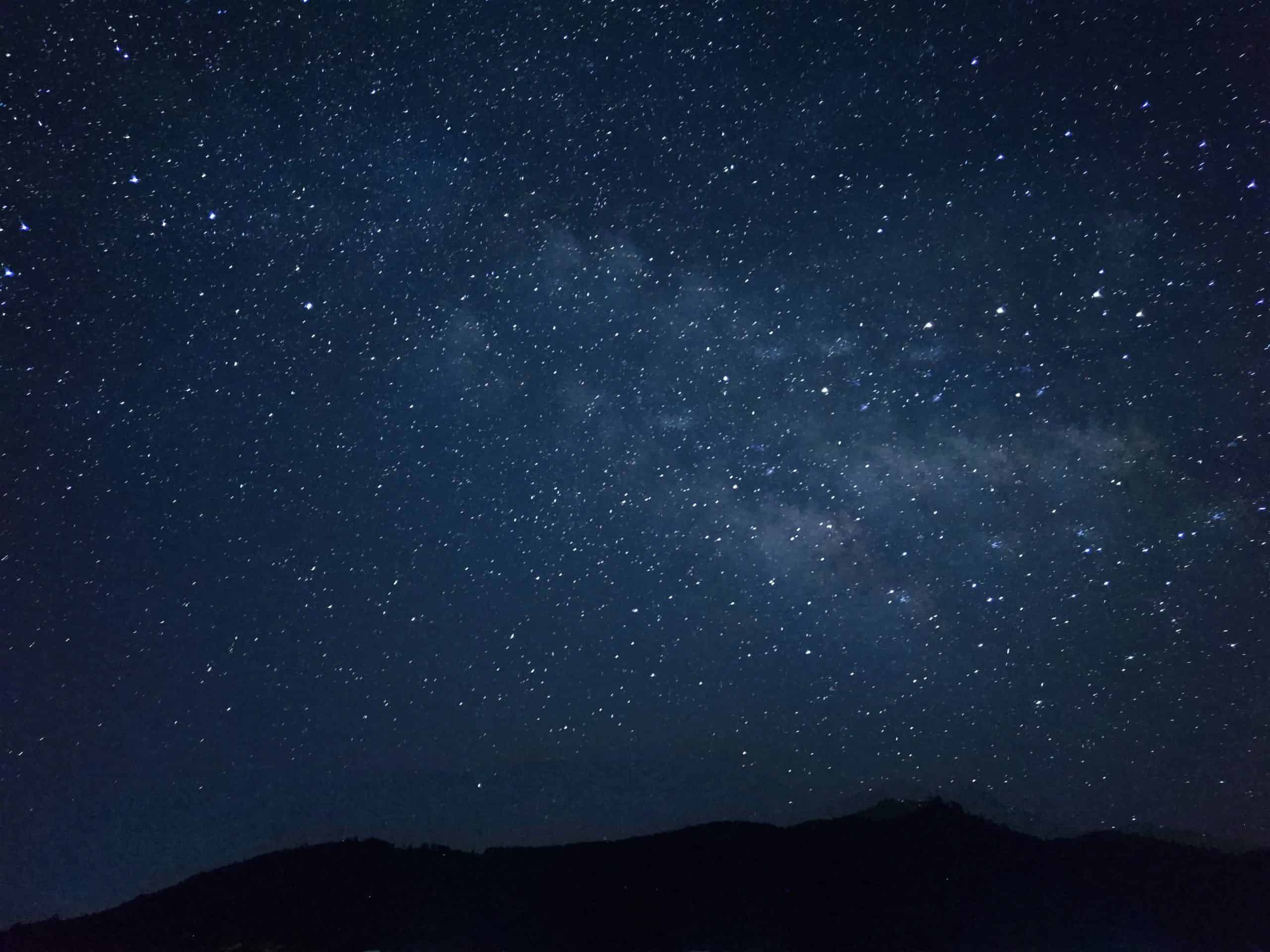Growing up in rural Vermont, I was aware of what a gift the natural world was from a very young age. Some of my earliest experiences of God came from spending nights outside under the stars, marveling at the immensity of it all, especially on those nights when the Milky Way was visible. This world was what I knew, so it just seemed natural to me that God would not want it harmed.
I first engaged with Catholic environmental justice at an intellectual level in college. As a freshman in college I read Pope Francis’s encyclical Laudato si’ for a biology class and was immediately taken by the language that he used. He wrote about how there were deep connections between one’s spiritual life and the environment. If one sought to truly care for the environment, they could not do so isolated from spirituality. I was struck by the line “the external deserts in the world are growing, because the internal deserts have become so vast.” It captured the challenge present in working for environmental justice – fighting solely for this world without recognizing that we are called to so much more. When I looked at the citations (what can I say, I was a history major!) I was surprised that that line was from Benedict XVI! 1 As I browsed further, I noticed that the writings of Benedict XVI and John Paul II were often cited. While I admired much of their work, I did not automatically associate these popes with environmental justice.
As I read their writings, from Caritas in Veritate (2009) to Sollicitudo Rei Socialis (1987), with an intentionally environmental eye, I realized that while Francis was placing an emphasis on the environment, he was building on what had already been said. This realization helped to assuage lingering worries that I had about buying into something that would just be a flash in the pan and disappear soon after Francis’ pontificate. Environmental justice also gave me the chance to engage with those who might otherwise never speak with a Catholic. By caring for our common home I felt that I was being invited to help to foster a genuine sense that it was our COMMON home, something precious that we all share, not merely a place where we all happen to be.
That is how I found myself marching through midtown Manhattan with one of my Jesuit brothers, wearing clerics, chanting “What do we want? Climate justice!” Many people came over to chat with us, and when the conversation turned to why we were there, my answer was always the same: because as a Catholic religious this is where I feel that God is calling me to be. Many were aware that we were in the Easter Triduum and they seemed surprised that we would be anywhere but a church. As I understood what I was doing, I was attempting to live as all Jesuits are called – walking with the youth of our society, seeking to care for our common home, and showing people how my desire to do both is rooted in my relationship with Jesus. People responded, speaking of their own experiences with Catholicism and with faith more broadly. Multiple people said that seeing me walking with them made them feel like God still cared about the world. As I heard these experiences, I was overwhelmed with gratitude for my vocation, which allows me to be a part of such charged, holy situations.
After the march and rally concluded, I found myself in St. Malachy’s Church. I listened to the exsultet and the story of salvation history described in the readings. I heard a story that was heavily intertwined with the created world, beginning with the Genesis account of creation. At the beginning of the Easter Vigil liturgy the presider blesses the Paschal Candle that will be lit during the Easter season and at all baptisms and funerals for the year. Listening to the beautifully sung prayer (one of the benefits of going to Mass near Broadway) I realized how dependent we are, liturgically, on the natural world. We sing about how the Paschal Candle is “the work of bees and of your servants hands” and “drawn out by mother bees.” If bees are driven to extinction, will we just all switch to oil candles and view these words as a quaint reminder of a bucolic past?
When the time came for the blessing of the water and renewal of baptismal promises, I was reminded of how fundamental water is both to life on Earth and to our Catholic faith. Jesus was baptized in the Jordan River, which is now being drained away, with what dribbles remain mixed with sewage and other detritus of human settlement. When I felt the water on my face, I was immensely grateful, both for the reminder of my baptism and for the fact that it could safely touch my skin.
When I walked out of that liturgy, reeking of incense and smiling ear to ear, wearing the same clothes and carrying the materials that I had brought to the march, I realized that both experiences came from the same source: my relationship with Jesus. I care about climate justice precisely because it is tied so closely to the Catholic faith, as the writings of recent popes have highlighted. Without the hope that comes from being a resurrection people, it can be easy to become discouraged and burnt out by the sheer weight facing those agitating for climate justice. If Catholicism becomes solely focused on heaven, ignoring the creation that we are a part of, we are ignoring part of how God is calling us to live. If we are able to blend the two, we might find that we have both a reason for why they act and a worldview that frames our understanding of those actions.
-//-
Photo by Calwaen Liew on Unsplash.
- BENEDICT XVI, Homily for the Solemn Inauguration of the Petrine Ministry (24 April 2005): AAS 97 (2005), 710. ↩


